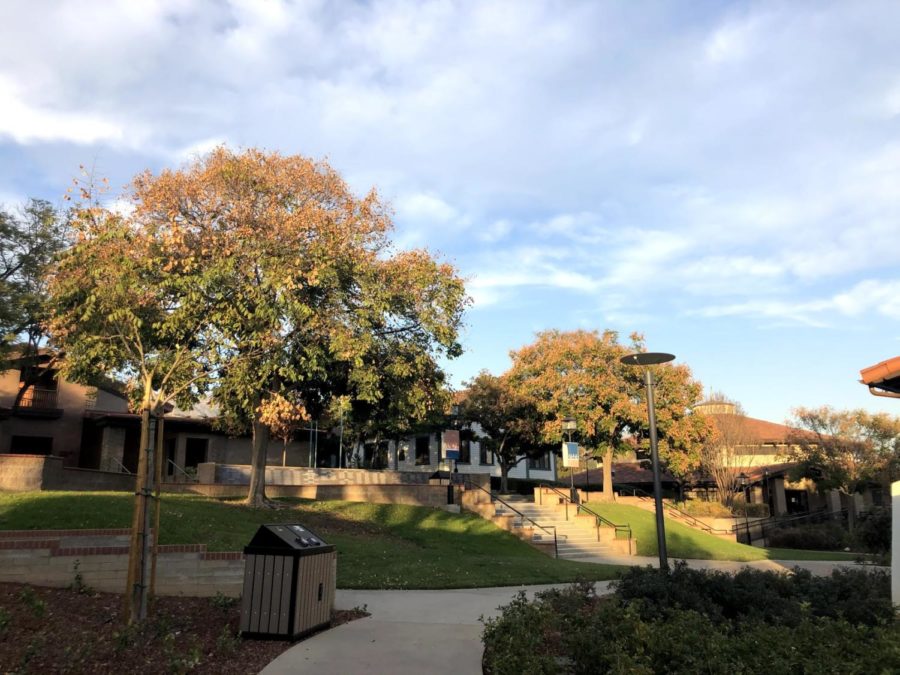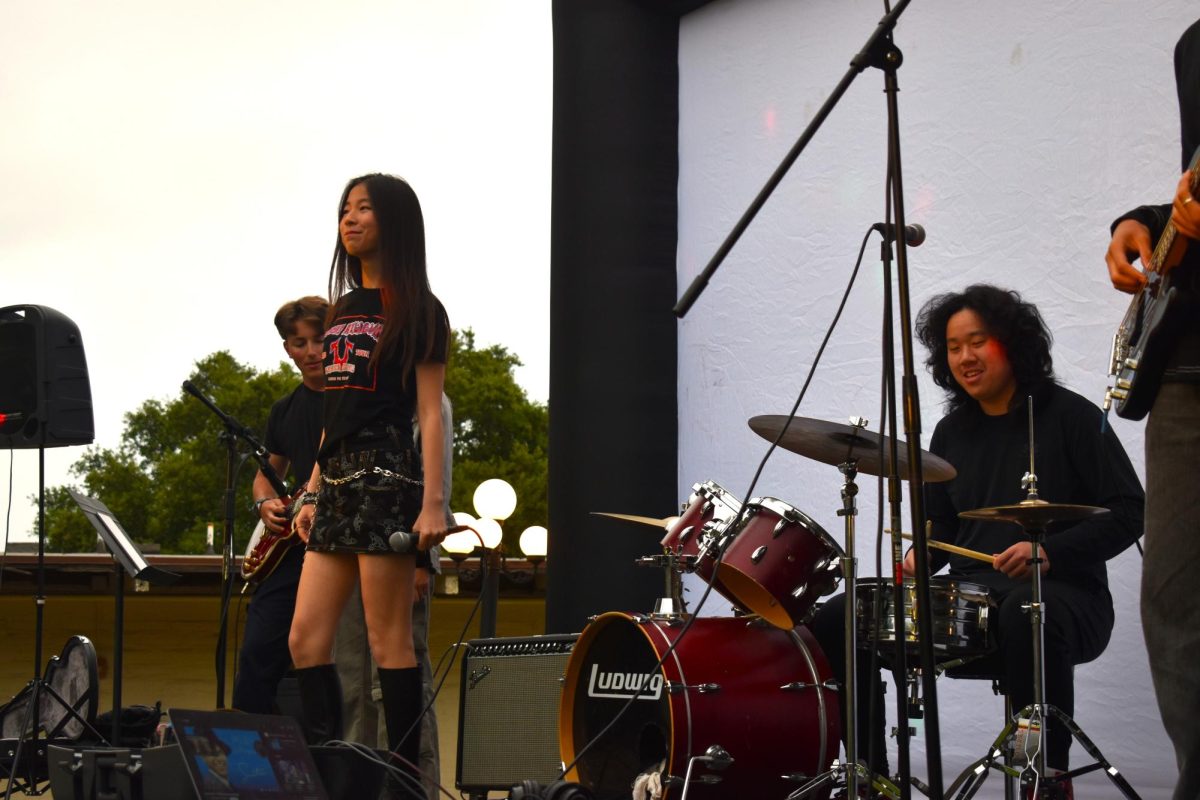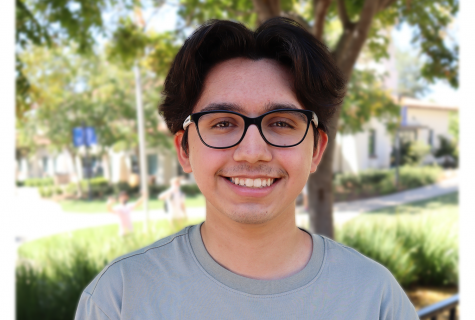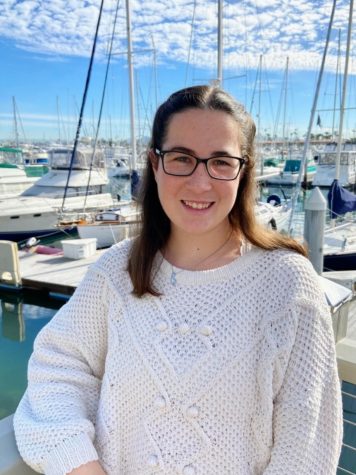Course selection has been a little different this year compared to the past, mostly because of the pandemic and its effect on human interaction. This year, the course selection process has shifted online, which has negatively impacted the appeals process and students’ decisions.
The course selection process is highly anticipated every year because it grants students the freedom to request courses they are interested in, allowing them to create their own schedule. But every year, courses differ, and some become unavailable for the following year.
Spanish Collaboratives and Advanced Studies Experimental Literature are brand new courses that are being offered next year for rising sophomores, juniors and seniors respectively. When students first saw the course selection guide, many wondered what these new classes would entail.
Spanish Collaboratives
The Spanish Collaboratives are courses that can be requested by rising sophomores, juniors, or seniors which correspond to Spanish 3, Spanish Honors 3, and Spanish 4.
“[They] blend online learning with in-person collaborative groups, culminating in an experiential field study,” said Mike Hoe, Director of Studies.
The collaboratives will feature “opportunities to set personalized goals and take advantage of online language learning tools; the course gives language learners flexibility in pacing and scheduling while helping students to make the most of the Los Angeles area as their own language learning laboratory.”
However, because of the mixture of in-person students and online learning students, an online schedule will continue for asynchronous students, but synchronous students will still have the opportunity to collaborate with peers, and the course’s flexibility will also assist students adjusting to the workload.
Advanced Studies Experimental Literature
Available to rising juniors and seniors, this Advanced Studies course sets to challenge students and their understanding of the technical or literary aspects of literature. Students who take this course can “read, analyze, compare, and evaluate the ‘experiments of innovation’ in different modes of writing, from the novel to poetry to even visual and performing arts.” Going against the standard practice of analyzing a text quickly, this course will force students to consider the setting surrounding the work, such as the history or culture that created it.
Changes
Among other changes, the appeals process and the timeline for selecting courses has been altered this year.
The appeals process is vitally important during course selection since students have the opportunity to appeal a course they were not recommended for. This process expands on Webb’s course freedom and gives aspiring students independence and responsibility when it comes to their courses.
“The timeline [for appeals] is the same and we’re asking students to be completed with course selections before heading off to spring break,” Mr. Hoe said. “The most prominent change is for the appeals process, where students will still need to fill out a form initially, but then will be given an opportunity to have a conversation with the department chair in order to better understand their reasoning for wanting to appeal their placement,” Mr. Hoe said.
This new, conversational aspect of the appeals process is a welcomed addition that will allow students to better communicate with the department chairs.
The course selection process is different for every grade, but as Webbies progress through their second, third, or fourth years at Webb, more unique and focused courses will become available.
“It’s definitely been interesting choosing courses this year,” Ryan Weigand (‘23) said. “It’s tough to know what to expect since this year was supposed to be the next level up, and we never got to have it in person. I feel like that has changed the way I look at the options, because when thinking about courses such as science, EvoBio left a good impression on me because of all the labs and hands on work. IPC is supposed to have that same element but didn’t and instead made it seem like an empty class. I think that the pandemic made it a lot harder to choose since it’s tough to know what you’re getting yourself into.”
In previous academic years, the in-person aspect of classroom discussions and hands-on activities, as Ryan described, gives a better impression of a class than online-learning ever could.
One of the limitations of online-learning technology is the lack of connection between people on a physical level, which has been taken to new levels this year due to the pandemic.
It is important that students consider their courses carefully and make proper alternatives when asked, since course selection has a huge impact on a Webbies’ experience. These few changes made to the selection process this year highlight the challenges of online-learning and Webb’s focused approach to helping students.
















